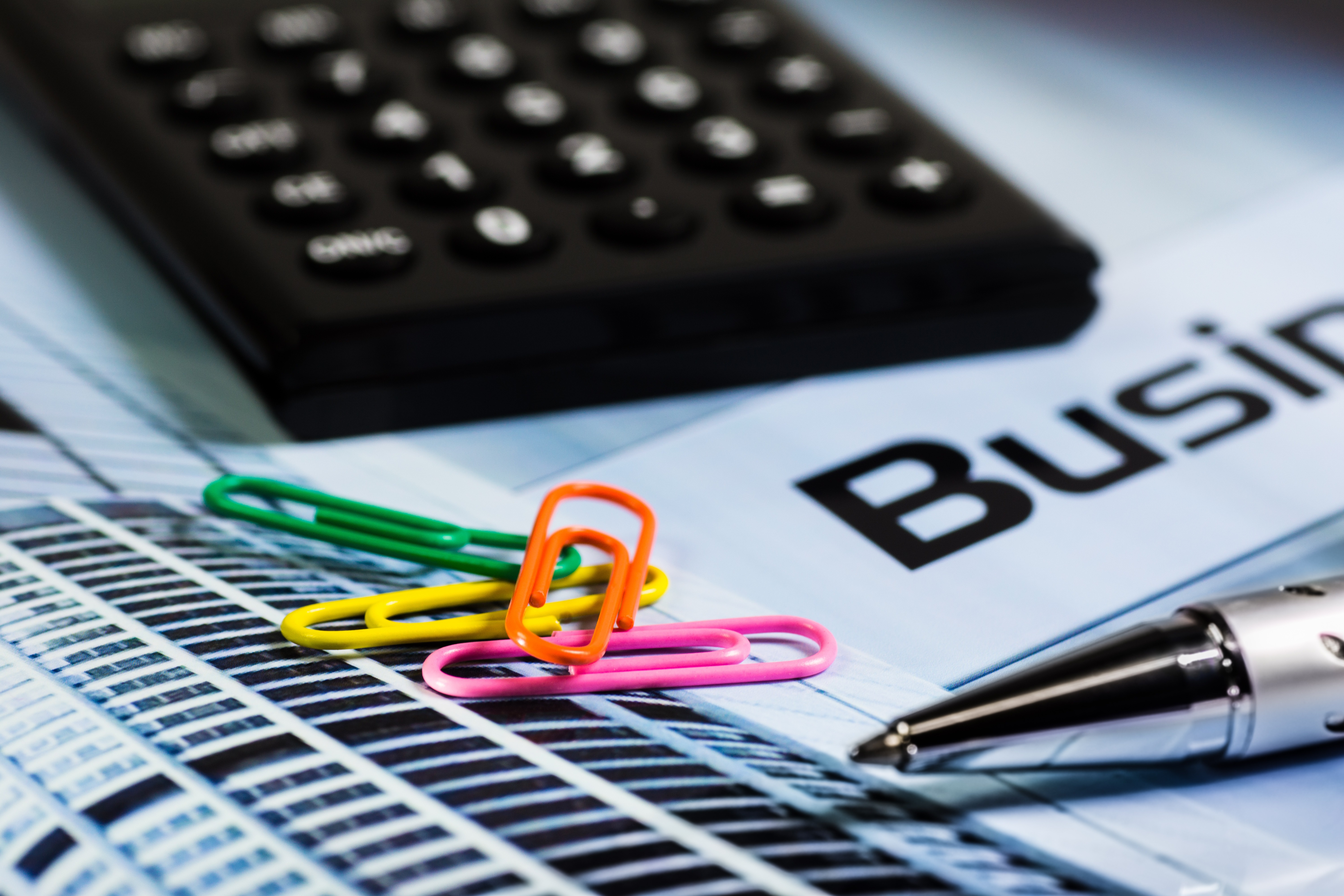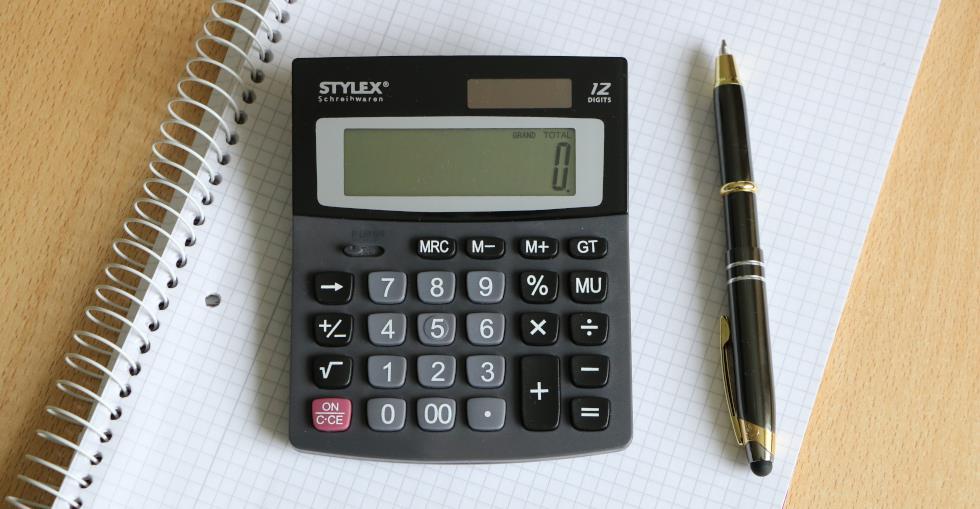When selling your company, you’ll want to use the best possible business valuation process to offer an appealing but fair price. Set it too high and you’ll immediately turn away interested buyers — too low and you might not earn as much as your company is truly worth. It’s vital to work on your due diligence before you prepare a business for sale to avoid either of these scenarios.
Here, we’ll discuss what a business valuation is, why you need one t and some of the different methods for generating a valuation.
What is a business valuation?
A business valuation determines the true worth of your company. This can be done in a number of ways, from calculating the ROI of a sale to measuring the market value of your assets.
There are several reasons why a business owner would want to perform a business valuation:
- Prepare your company for sale.
- Better understand your business, i.e., find its strengths and weaknesses.
- Identify where there’s room for improvement.
- Determine if your business’ success is sustainable.
Why you should value your small business
Valuing your small business is essential in a variety of contexts. Most importantly, it gives you an idea of what your company is worth if you plan on selling it.
The benefits of valuing your company in this context include:
- Sets a reasonable asking price.
- Produces information that can reassure a potential buyer.
- Reveals ways to build value.
- Secures capital investment from investors.
- Sets share price for purchase by employees.
The different valuation methods when pricing a small business
There are various valuation methods, some more complicated and precise than others. It’s best not to rely on a single method to find a fair price; you should use multiple ways to factor in as many elements as possible.

Our free valuation tools
If you’d like a quick, estimated valuation of your business, you can use our quick valuation tool. This valuation method only takes five minutes, and you can use this estimation to understand more about your business’s worth, where to improve and what range your sale price would be in.
If you would like to generate a more detailed valuation of your business, you can use ValueRight. This free, trustworthy tool has been engineered to provide business owners with a pragmatic valuation based on proprietary data and industry multiples. It will take around 45 minutes and requires multiple financial details. You’ll receive a PDF report of your business’s worth.
Industry multiplier
While not particularly sophisticated, this method is perhaps the easiest and can give you a ballpark figure based on revenue.
The calculation is simple: Multiply your profits over a set period of time by the value of your industry.
For example, if your earnings over the past year were $100,000, you would multiply this number by a numerical representation of the typical value of your industry. Let’s assume you’re a tech company and that number is 10. You would then multiply $100,000 by 10 to get a business value of $1 million.
Be aware that this is a highly imprecise valuation method and fails to take into account many important factors. It also assumes all companies in the same industry are otherwise equal.
Because this process is meant to get a rough picture only, it should only be used as a first step to finding the value of your business.
Current marketplace value
This method is also one of the simpler ways. All it involves is comparing your company with a similar business and investigating its current worth, followed by factoring in other information such as expenses and cash flow.
For instance, you could discover that other companies of similar size and type are selling around a certain amount. You can then use this to create a market value and then include other information to tweak the number.
Asset value
This method utilises a “net book value” (NBV) or “net asset value” to calculate the worth of all of your assets before factoring in expenses like depreciation, discounted cash flow, stock, debts and wages.
To do this, subtract the total value of liabilities from the total price of your assets. Be sure to include the aforementioned circumstances when determining your complete asset valuation.
For example, you may calculate your assets’ net worth to be $100,000 and your liabilities to be $20,000. This comes out to an estimated business value of $80,000.
Keep in mind this includes both tangible and intangible assets. Tangible assets include equipment, property and any other physical items you own. An intangible asset is an intellectual property or other factors that aren’t objects.
One major flaw of this approach is that it doesn’t account for any projected future earnings or cash flow. It also fails to factor in “goodwill” elements such as reputation, brand recognition and customer loyalty.
Price-to-earnings ratio (P/E ratio) and EBITDA
This method can be used for publicly traded companies to value the price of the stock. This is based on how much each share is worth compared to earnings.
Finding a business value this way can be tricky because it depends on your company type. You’ll also need to compare your P/E ratio with similar enterprises to discover relative value.
You can also use Earnings Before Interest, Taxes, Depreciation and Amortisation (EBITDA) to find a price based on net revenue.
Once you find a fair price, list your business online
Valuing your business can be accomplished in many different ways. Each should be carefully considered and combined with other methods to find a fair number before you list your company for sale. After you’ve run all the numbers, factoring in all the different elements and come to a relatively accurate estimate of your business worth, you can prepare your business for sale.
At BusinessesForSale.com, we offer the largest marketplace for buying and selling businesses. We connect millions of business buyers and sellers each month, both in Australia and globally. If you’d like to find the right buyer and realise the wealth of your business, list your business with us and get the best deal on your business.

